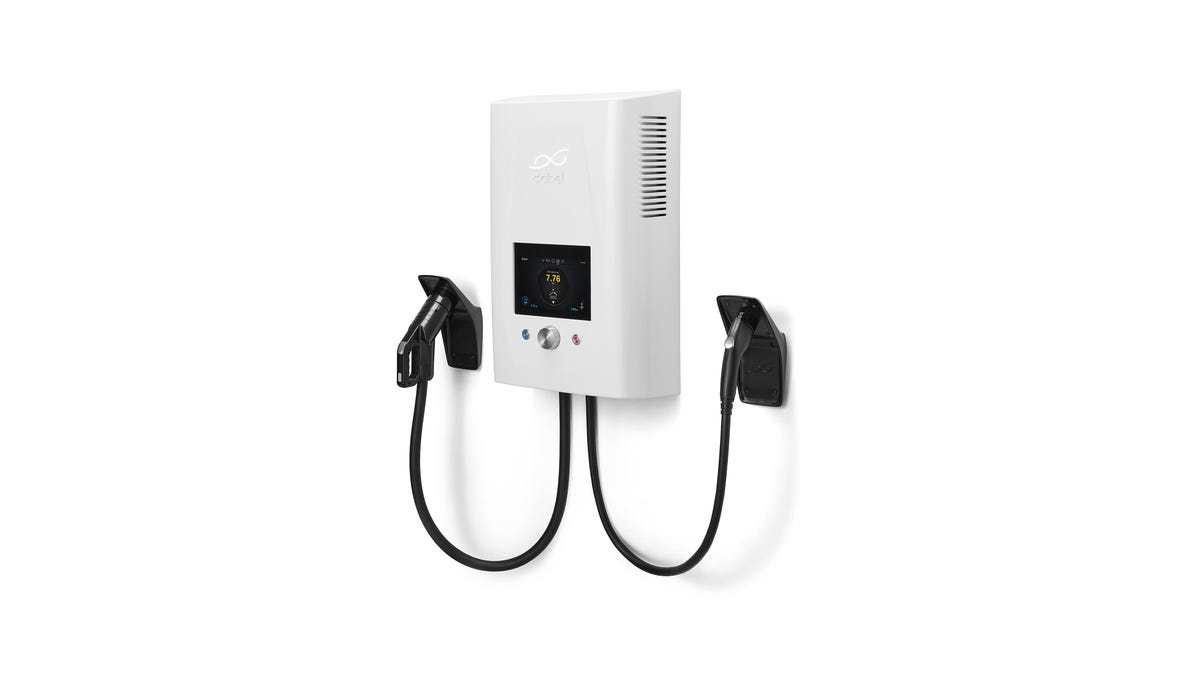Dcbel's r16 can charge your house with your car, or vice versa
This tech makes it easy to turn your smart home into a mini smart grid.

Dcbel's r16 supports your choice of charging standards for those already rocking the multi-EV lifestyle.
It's something of a utopian, free-power dream: a solar system on the roof that powers your house and charges your EV during the day, then a house that can draw power from that big car battery when needed. And, of course, there's the public utility grid to provide juice as well. In reality, a free-flowing solution like that means wading through hugely complicated layers of conflicting technologies and municipal regulations. Now, Dcbel is making it easier by releasing its r16 system in the US. Well, in California at least -- with promises for a broader rollout as demand allows.
Dcbel is a Canadian company focusing on solar inverters and home blackout protection. Its r16 combines that with support for the bidirectional charging already present in some modern EVs (like Nissan's Leaf, for example) to turn your car into a massive backup battery.
The system integrates with home photovoltaic solar solutions and the public grid, channeling those sources intelligently into powering your home and charging your car. The system can be configured to rely on whichever is most cost-effective.
When the grid goes dark, the r16 can tap into the bidirectional nature of Chademo to pull power back into your home and get you through the blackout. If things are down for a long time, you could even cruise on down to your nearest DC fast charger and bring home a fresh batch of electrons to keep the ice cream in your freezer from melting.
Right now, Chademo is the only EV charging standard that supports bidirectionality, a standard rapidly losing out to CCS, which does not currently support bidirectionality. But that support is coming: Once it's available, Dcbel will provide the requisite update for the r16.
When it comes to charging, the r16 can work at 9.2 kilowatts -- the equivalent of L2 charging -- or at 15.2 kW, which brings you into the much faster world of L3 DC charging.
How much for all this? Prices start at $5,000, depending on your configuration. Nobody said electrical independence was going to be cheap!

